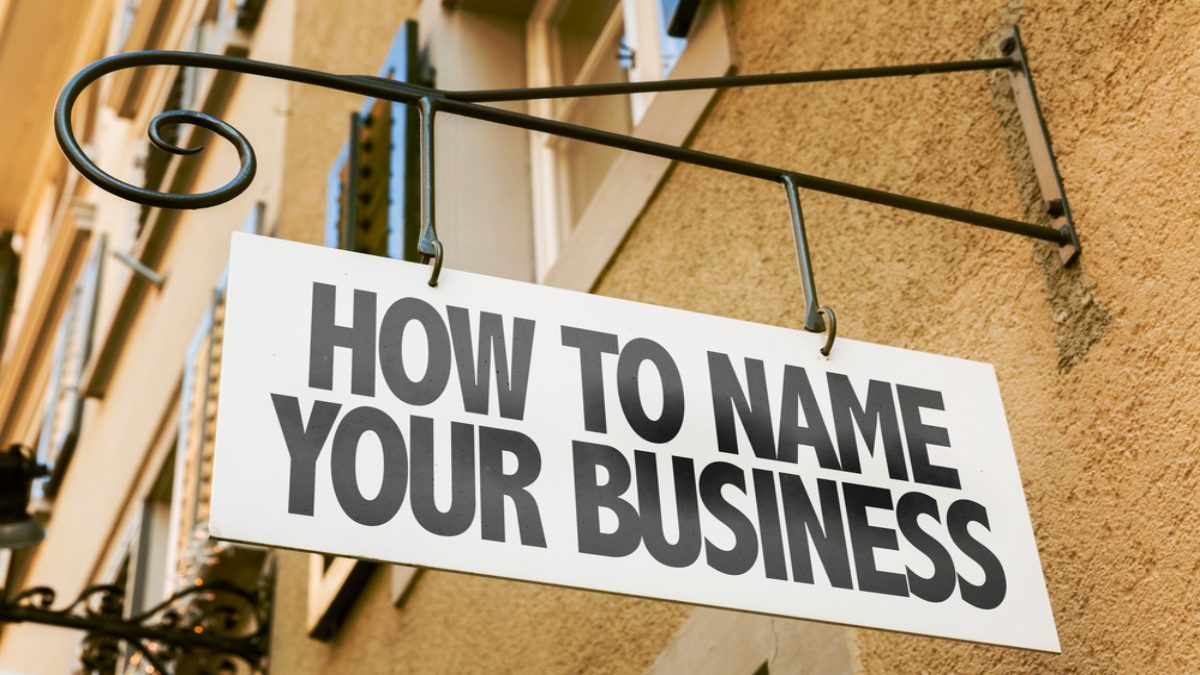Naming Your Business: Easy Steps For Success

Naming your business can be a difficult process. You want to choose a name that will represent your values and the company’s distinguishing characteristics. Screening long lists of names with friends and family can return mixed results, but naming firms ask questions to learn more about your culture and what’s unique about you–things you’ll want to communicate to consumers.
Don’t make it too hard on yourself by naming the company after yourself (i.e. John’s Bakery or Sarah’s Sweets). Keep in mind that if something happens and you want to sell the bakery, there is no guarantee a new owner will have the same name as you do, which could lead to confusion for customers going forward.
- Make sure that each of your products has a unique name so they don’t get confused with one another when they’re being made or packed.
- Be creative but not overly quirky–it might be cute at first glance but difficult down the line when people start ordering from you online.
Using Semantic Methods
As a small firm, you may be ready to take more risks with your company names. Here are some ideas for naming your gut:
- Choose a name that plays on words. In its name, Eat My Words, the naming firm chose to use food as a source of inspiration. The Kitchen Sink is one of its blogs. This subject may be used in the rest of the company’s marketing and verbal branding materials.
- Choose a name that is simple. No one wants to have to say the full company name over and over again, so make it easy on everyone involved by naming your business something short and sweet, like JetBlue or IBM.
- Go for an animal-related word if you’re looking for a specific meaning in your naming choice. Animal names can be used because of their connotations with speed (Cheetah), power (Lion), or persistence (Tortoise). The classic example is naming a law firm after an aggressive bird-like Eagle –but there are plenty of other options out there as well.
- Make sure the naming choice is not too trendy. If naming your business after a popular phrase, make sure it is timeless and not too trendy. You want something that can stand the test of time and be relevant for as long as you’re in operation. Just because the name “Funny” sounds like an easy choice now doesn’t mean it will still sound fresh down the road –and could end up costing you thousands if you chose to change companies’ names later on (which happens more often than people realize).
- Create a list of words that describe what makes your company unique or memorable –uniquely designed shop with hand-crafted products? Maybe naming yourself Fabulous would bring your boutique store’s uniqueness out front where everyone who walks by knows exactly what they are getting into when entering.
Think About The Meaning Behind Naming Your Business. What Are You Hoping To Convey?
- “City” conveys a sense of warmth, approachability, and neighborliness that might be good for anything from an ice cream parlor in small-town America or something more sophisticated like City Winery’s wine bar & music venue in New York.
- •The basic rules of naming still apply –anticipate how consumers will say it out loud, what kind words they’ll use when talking about the company publicly (or on social media), and whether any other companies have already laid claim to these names. You want yours first! Make sure there aren’t many direct competitors with similar-sounding businesses as well so you can stand apart from the pack.
- The naming process should also be a team effort across departments, including marketing and even finance if you’re naming an actual company–financial considerations can help determine whether to focus on geographic or other kinds of identifiers as well as how the name will work internationally.